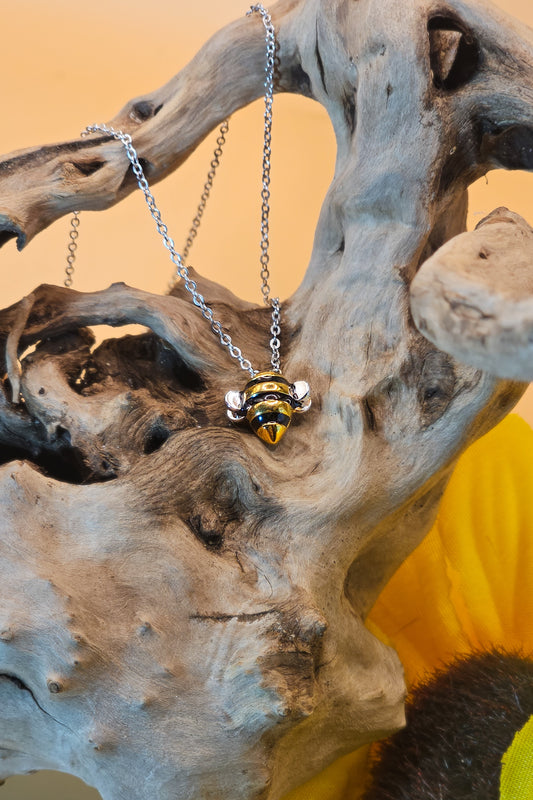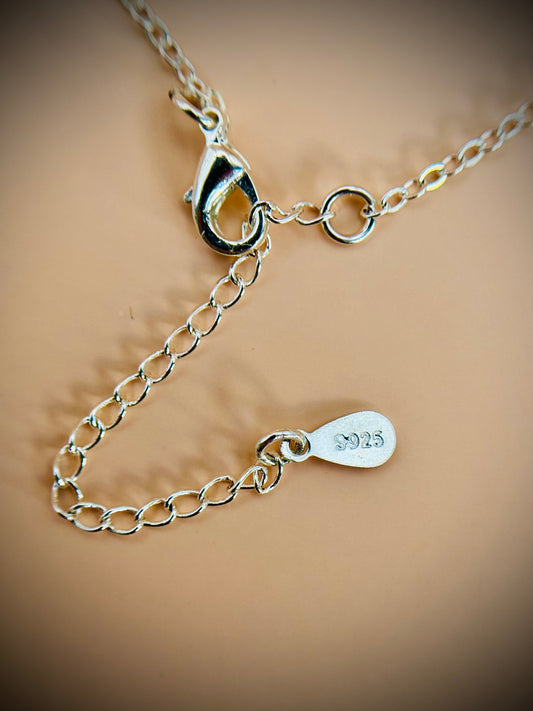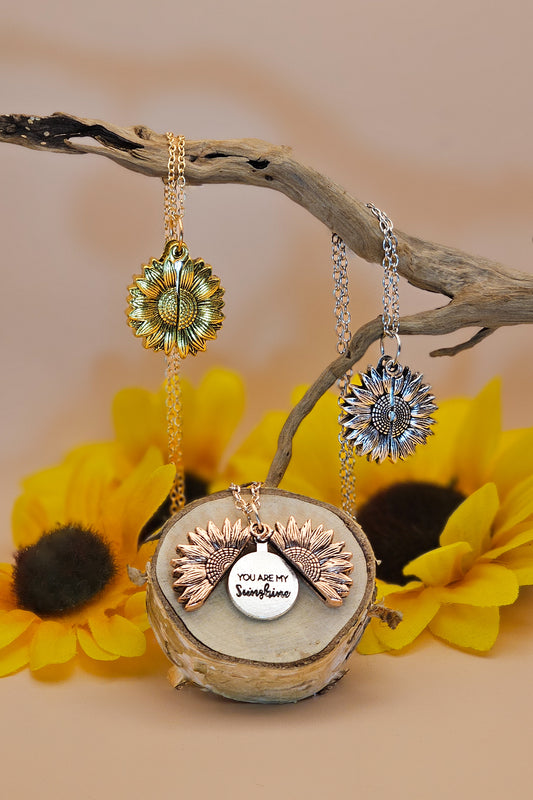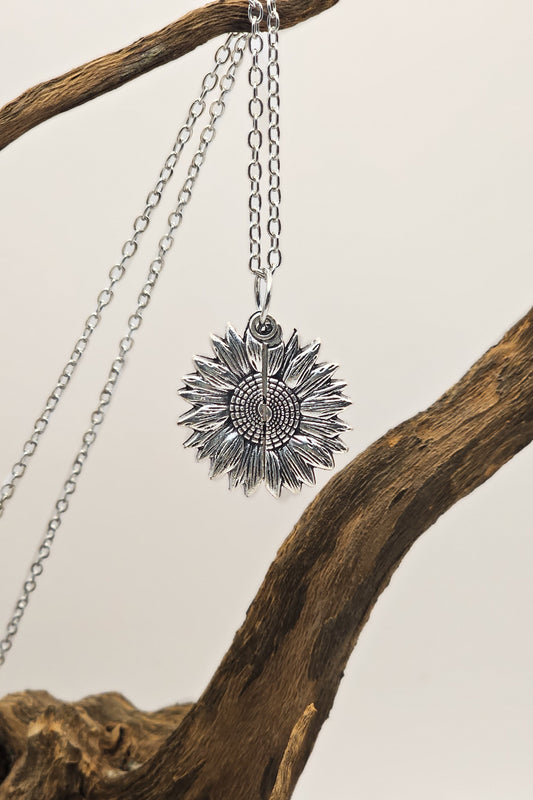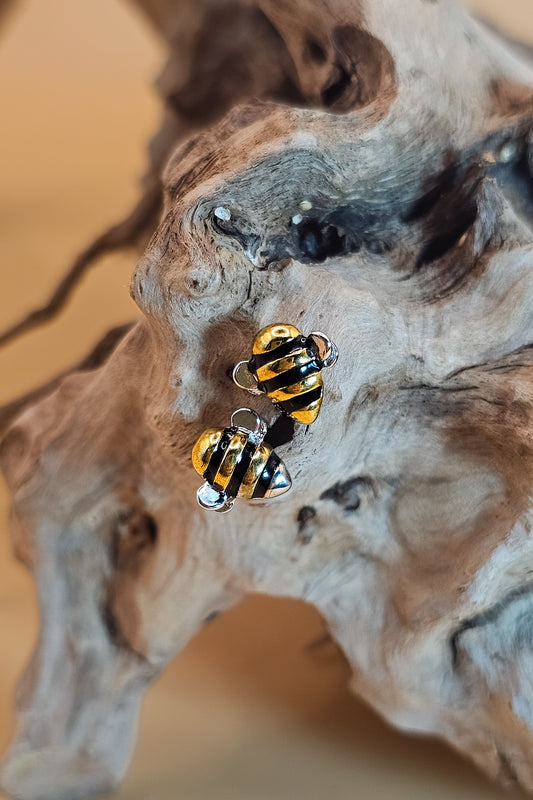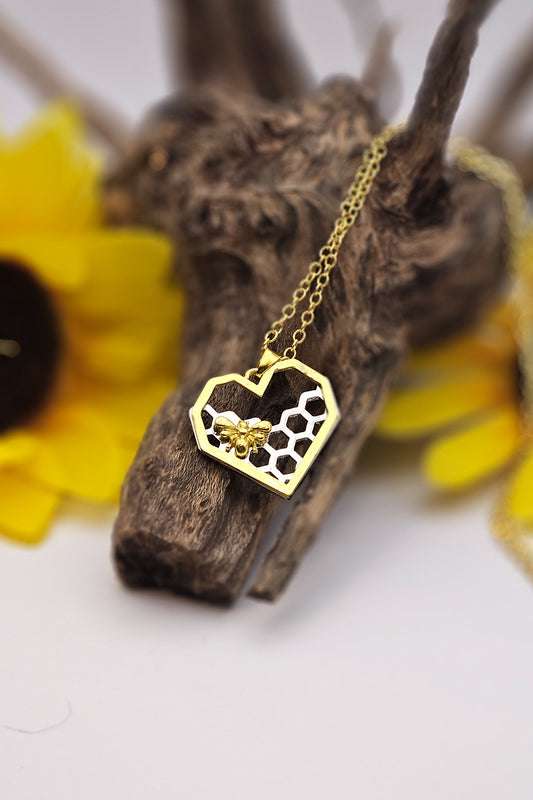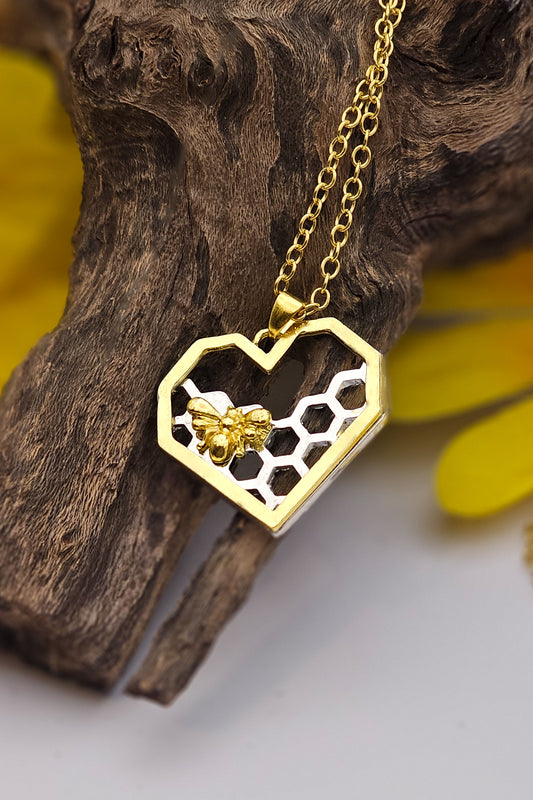Are dandelions flowering in your part of the world yet?
Sadly, dandelions that pop up in the lawn are considered weeds these days even though they are potent herbs and an early food source for hungry bees emerging from their winter huddle.
Bees are smart and eat what’s good for them. Some humans know, too. Botanists consider dandelions herbs, not weeds. If you are unaware, google ‘dandelion benefits’ and you’ll be amazed at the dozen or more potential health benefits they offer.
Here's a short (2:15-minutes) and sweet video about honeybees and dandelions:
Spring is here one day, gone the next, then back again in this ever-changeable weather. All the more important that dandelions, the bee ‘staple’ of early emergence, are easy for them to find.
Soon there will be plentiful pollen sources for bees as gardens and parks fill with blossoms and bushes, flowering trees and herbs. The courageous dandelion, named in French for lion’s tooth (dent-de-lion), is part of the daisy family, and one of the first flowers to pop out and show its face after winter passes. Its pollen quality may not be as potent as flowering fruit tree pollen, but it does the job.
So please, don’t mow the dandelions or spray them with insecticide or weed spray, as this will hurt the bees. Soon enough the dandelions will have flowered out and other pollen sources in the garden will burst forth to replace them, but while they are blossoming, they provide a critical food service to all types of bees.
Camellia, Bradford pears and daffodils are also blooming now in many places, and these can help beautify your garden enough that you will overlook the fact your lawn isn’t totally manicured.
If you need a reminder of how important it is to help bees find early food in spring, just glance at the jar of golden honey on your kitchen countertop and remember what it takes to make that. We can all live happily with some yellow flowers in the grass for a little while just to please the bees... dandelions… did someone call them weeds?
If you eat dandelion leaves in your salad or drink dandelion tea, or have interesting dandelion bee stories, please share them with us over on our Facebook page!


